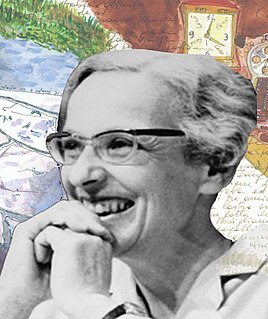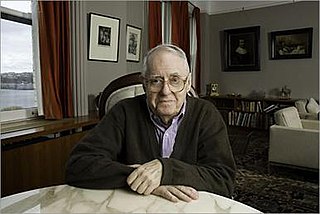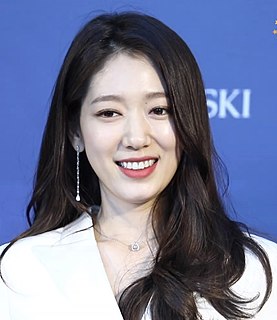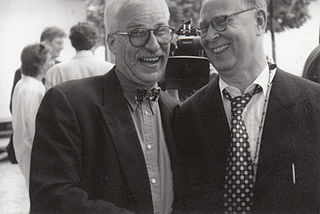A Quote by Stanislav Grof
Philemon explained how Jung treated thoughts as though they were generated by himself, while for Philemon thoughts were like animals in the forest, or people in a room, or birds in the air. Jung concluded that Philemon taught him psychic objectivity, the reality of the psyche. This helped Jung to understand that there is something in me which can say things that I do not know and do not intend.
Related Quotes
Number, as it were, lies behind the psychic realm as a dynamic ordering principle, the primal element of which Jung called spirit. As an archetype, number becomes not only a psychic factor, but more generally, a world-structuring factor. In other words, numbers point to a background reality in which psyche and matter are no longer distinguishable.
Mythologies were the earliest dreams of mankind, and in the psychotic delusions of his patients, Jung believed he was encountering those dreams again. Freud, too, believed that the psyche retained archaic vestiges, remnants of our earlier mental world. But for Freud these were a burden we were forced to repress. Jung instead would see them as a reservoir of vital energy, a source of meaning and power from which, through the over-development of our rational minds, modern mankind has become divorced.
Unlike Freud, Jung did not believe that a dream is a mask for a meaning already known but deceitfully withheld from the consciousmind. In his view, dreams were communication, ideas expressed not always straightforwardly, but in the best way possible within the limits of the medium. Dreaming, in Jung's psychology, is a constructive process.
Jung Min is SS501's Hitler. When we lived together, we played video games. But we can't turn the sound loud. Not even by one click. Jung Min says we can't have it loud, so we're like “Ok, fine. He's our member, so let's be understanding and turn it down.” We turn it off, but he goes to his room and does karaoke!
Freud, Jung thought, had been a great discoverer of facts about the mind, but far too inclined to leave the solid ground of "critical reason and common sense." Freud for his part criticized Jung for being gullible about occult phenomena and infatuated with Oriental religions; he viewed with sardonic and unmitigated skepticism Jung's defense of religious feelings as an integral element in mental health. For Freud, religion was a psychological need projected onto culture, the child's feeling of helplessness surviving in adults, to be analyzed rather than admired.
Psychedelic drugs, especially psilocybin, allow a searchlight to be thrown on these deeper levels of the psyche, as Jung correctly stated. But it is not a museum of archetypes or psychic constructs, as he seemed to assume. It is a frontier of wholeness into which any person, so motivated and so courageous as to wish to do it, can go and leave the mundane plane far behind.
Jung said there are four archetypes adults go through, and these archetypes are reflected in the development of my work. The first archetype is the archetype of the athlete, reflecting the time in our adult life when our primary emphasis is on our body - what it looks like, how beautiful it is, how strong it is, and so on. We identify ourselves with our body. We are our body. Growing adults next move to what Jung called the archetype of the warrior. We take our physical bodies out there to do what warriors do.
Paul's vision, though, is starting small, with actual communities in which reconciliation and justice has to be practiced - like the rich/poor distinction in the Corinthian church, for instance, or the projected reconciliation between Philemon and Onesimus. But he clearly believes (Ephesians 3) that communities like this send a signal to the wider world that Jesus is Lord - which is aimed at then the whole world coming into line.
In a month, the passes into Teutlandt and Skanida will be open and my companion and I will be on our way." He paused and Philemon frowned, trying to understand what he was being told. You want us to come with you?" he asked, at last. "You expect us to follow you?" Halt shook his head. "I have no wish to ever see any of you again," he said flatly.


































